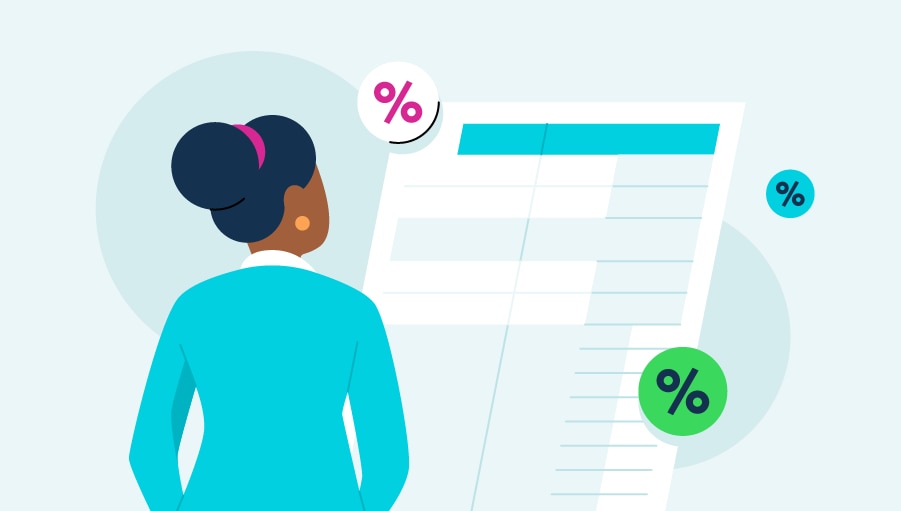4. Manage HR efficiently
Instead of dealing with scattered HR documentation, take care of your HR documents and processes all in one place within your payroll software.
Within QuickBooks, create custom HR documentation like job descriptions, employee handbooks, onboarding checklists, and contracts through presaved templates.
You can also link your payroll software to timesheet providers to record things like employee attendance and overtime. Accurate timekeeping is especially important if your employees receive an hourly wage.
Stay compliant with current information on state and federal wages and overtime laws, while learning the ins and outs of hiring, termination, and other employment legal issues.
You won’t ever doubt your HR policies again, either––a QuickBooks partnership with Mammoth enables you to ask an expert when you have HR questions, free of charge too.
Real-life example: A small business in the food services industry wants to integrate new HR software to save time and replace manual processes. By combining HR software and payroll processing, they’re able to provide employee benefits and human resources services all in one simple payroll solution.











